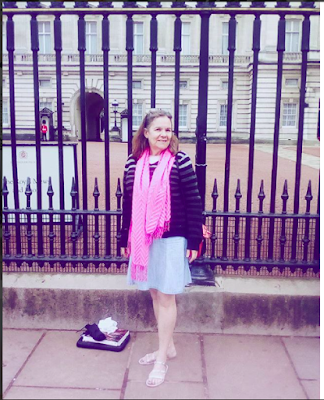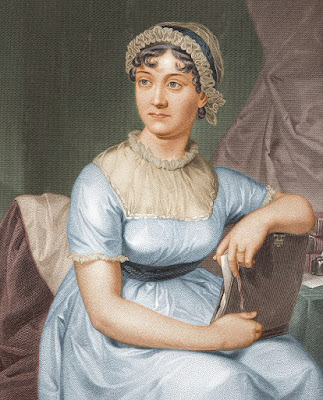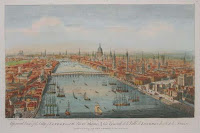Eighteen takeaways from my Eighteenth-Century Studies program at King’s College London

Because I frequently confuse Americans when I tell them my master's is in Eighteenth-Century Studies from King's College London, I realized I needed to explain what I learned and what the degree means: 1) The program is done in tandem with the British Museum. Students learn about everything from engraving to antiquarianism, the history of Colonialism to the study of coins. There are opportunities to learn at museums such as the National Portrait Gallery, Foundling Museum and John Soane Museum, although I only went to the first two. Lessons at King's may include a book such as Evelina by Frances Burney one week and handouts on "Low Lifes " in Covent Garden the next; 2. The curriculum has a "core course" and optional classes. Students choose between what are called modules, in Philosophy, Comparative Literature, Music, History, French and German, as well as English literature. The bulk of my units were in English (120 of 180), including my dissertation; ...





